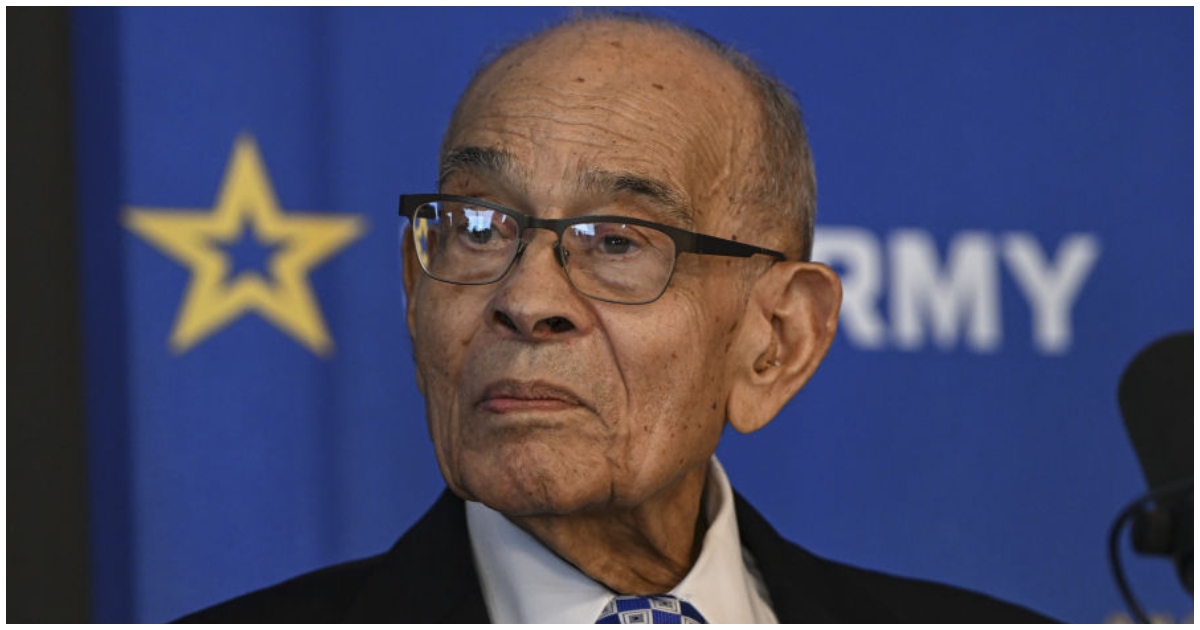The military community is mourning the loss of a trailblazer. Lt. Gen. Arthur J. Gregg, the first African American Army officer to reach the rank of lieutenant general, passed away on August 22 at the age of 96.
A Historic Renaming Honors Gregg’s Legacy
Just months before his passing, Gregg witnessed a historic moment. In April 2023, Fort Lee in Virginia was renamed Fort Gregg-Adams in his honor. The base now also recognizes Lt. Col. Charity Adams Earley, the highest-ranking Black woman Army officer in World War II.
The renaming was recommended by a congressional commission tasked with rechristening military bases named after Confederate officers. The commission noted that while Gen. Robert E. Lee, the previous namesake, was a West Point graduate and U.S. Army colonel, he was the only one who chose to fight against the United States during the Civil War.
Gregg’s Groundbreaking 35-Year Career
Gregg’s military journey was one of perseverance and dedication. He enlisted in the Army in 1946, hoping to work as a medical technician. However, he was told there were no jobs for Black soldiers in medical facilities and was instead assigned to an all-Black unit of the Quartermaster Corps.
Despite this setback, Gregg embraced his new role and advanced quickly, becoming a sergeant at just 18 years old. He later completed officer candidate school and became an instructor at the Quartermaster Leadership School at Fort Lee.
Overcoming Racial Barriers in the Military
Gregg’s rise through the ranks was not without its challenges. During his time at Fort Lee, he encountered a training manual that instructed quartermasters to compute the ability of Army units based on their racial composition. Gregg, however, refused to follow this racist directive.
“We had two armies, one Black, one white,” Gregg recalled in an interview last year. Nevertheless, he “always believed there were opportunities” and “tended to dwell on the possibilities and did not become bitter.”
A Trailblazer in Army Logistics
Gregg’s expertise in logistics became the foundation of his 35-year military career. He commanded a 3,700-soldier logistics battalion in Vietnam and later served as the deputy chief of staff for logistics for the Army, overseeing support services around the world.
The commission that recommended the renaming of Fort Lee recognized the importance of logistics, noting that “behind every rightly heralded story of battlefield bravery lies the often overlooked story of how Army sustainment professionals” supported troops.
A Legacy that Lives On
Gregg’s impact extended beyond his own achievements. He lived to see Fort Lee renamed in his honor, a testament to his pioneering spirit and the progress made in the military’s journey towards inclusivity.





